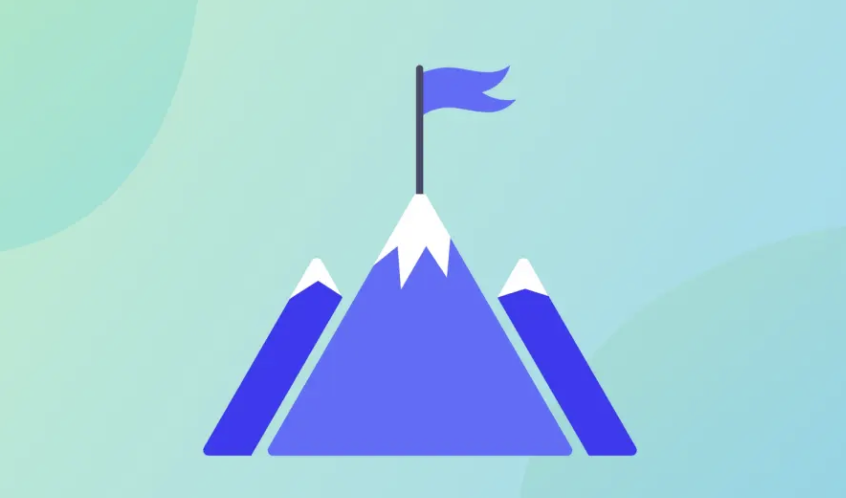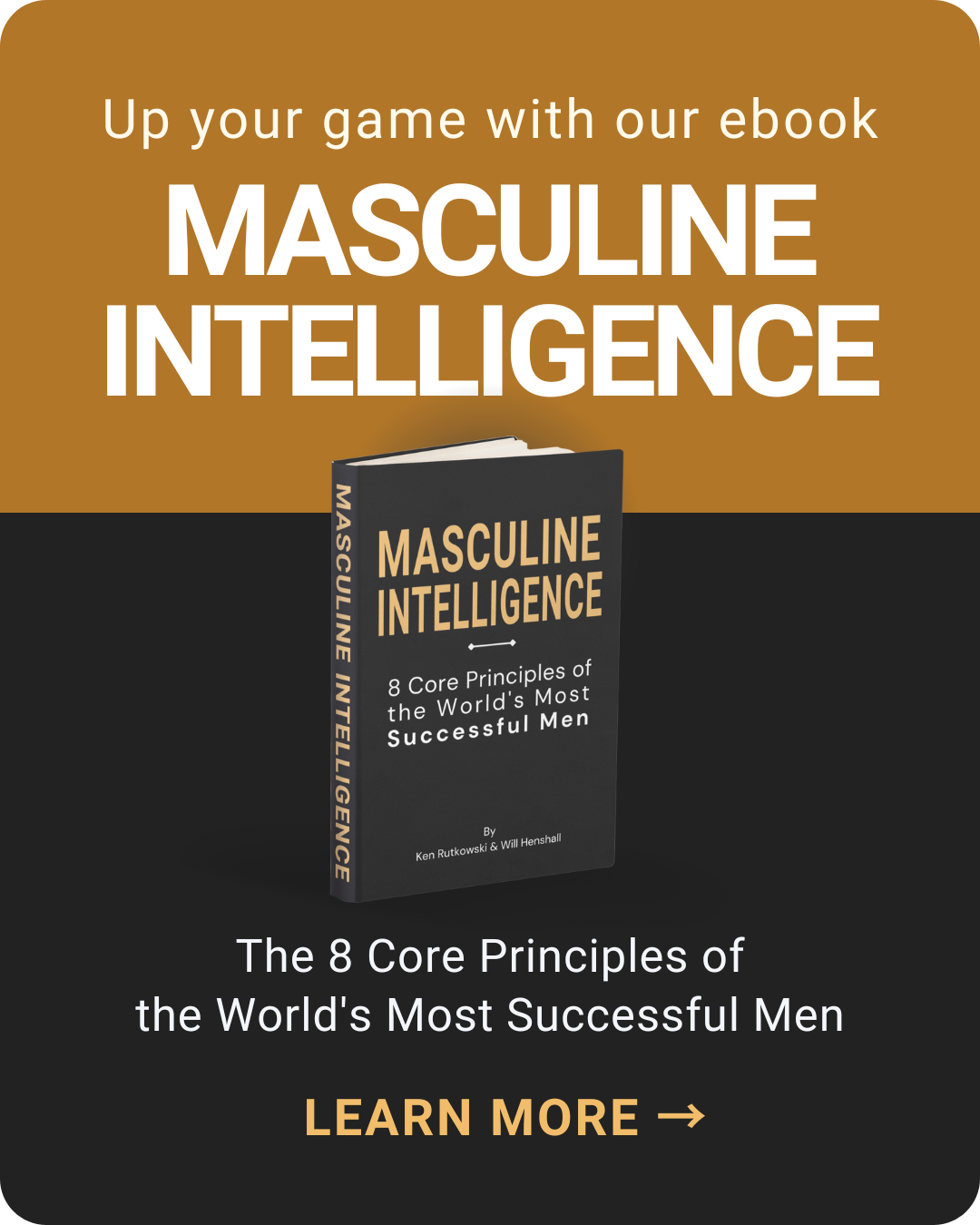
Alison Levine was one of the first human beings to summit the tallest mountain on each of the seven continents. And she has brought back some hard-earned wisdom that applies to both business and life. Here are seven top takeaways…
Takeaway #1: The Path to the Top is Not Straight
It takes 10 days of hiking to reach Everest base camp at 17,000 feet.
You spend some days there acclimating, then ascend to Camp One at 20,000 feet. You sleep, pack up and return back down to base camp. A few nights there, then to Camp Two at 21,500 feet – stay overnight, then head to base camp again. Same thing with Camp Three at 24,000 feet. Reach it. Sleep. Then back down.

“If you don’t acclimate like this,” says mountaineering guru Alison, “if someone were to magically drop you off on the top of the mountain by helicopter, you'd be dead in a matter of minutes. Your head would explode.”
Watch Alison Levine at METAL
And even though it’s necessary, she says, “it's incredibly frustrating, because you know that you need to be going in this direction – up! — to get to the summit. But you have to remember that even though you are going backwards, you are still making progress, because you're helping your body acclimatize.”
Progress does not happen in one particular direction, she points out, in summiting, in business, or in our personal life. Sometimes what seems like backtracking is a way to regroup, adjust, and regain strength. What looks like a setback may just be a crucial reset.
Or as she puts it, “backing up does not mean you are backing down.”
Takeaway #2: Fear is OK; Complacency Kills
The Khumbu Icefall on the first part of the route to the Everest summit “scares the sh-t” out of Levine. It’s 2,000 vertical feet, with ice chunks the size of small buildings, melting when the sun comes up, shifting, and leaving you in constant danger of being crushed.

But this icefall is where she learned one of her most important lessons about business and life. That lesson is that fear is okay. “It’s complacency that will kill you. You have to be able to act and react quickly when you're in these environments that are constantly shifting and changing. So stay scared, but don’t get complacent.”
Takeaway #3: Be Prepared to Scratch the Plan
At high altitude, the ground bulges, cracks, collapses. Storms crash in out of nowhere. Winds slam you. “At every moment, your plan might be completely outdated because everything is constantly shifting and changing,” she says.
The fix? “Forget your plan. You’ve gotta be able to take action based on what is going on in each moment. The mountain doesn't give a sh-t about your plan. Take action based on the situation that’s real now.”
Takeaway #4: Don’t Be Afraid to Walk (or Run) Away
In 2002, Levine was the team captain of the first American womens Everest expedition. They got within 70 feet of the summit but had to turn back in catastrophic weather.
“Was it disappointing? Of course!” she says. “We spent two months on that mountain. But it doesn't matter how much blood, sweat, and tears you put into something. If the conditions aren't right, you turn around and you walk away. From a summit. From a relationship. From a deal.”
More important than summiting, she says, is coming back alive. “We all love the philosophy ‘go big or go home.’ Well, here's the thing. I know too many people that have gone big and not gone home.”
Levine says that she’s on a personal mission to change that mantra to “go big and go home.”
Takeaway #5: Embrace Failure
That “failed” first-ever all-female Everest expedition was being followed by hundreds of media outlets, and she had to appear on multiple TV shows afterwards. “I call it my failure tour!” But, she says, “you have to have the skill of tolerating failure. If you are afraid to fail, you're never going to try big things. You're never going to really embrace a spirit of innovation. It took me seven years to go back to that mountain to get up the guts to go back. And I did it.”
Takeaway #6: You Can’t Control the Environment, But You Can Control You
“When I returned to Everest that last time, visibility turned to sh*t and most of the other teams abandoned their attempt. But I was like, ‘Okay, hang on. I'm back here after eight years. An 8,000 foot drop to the left of me, a 10,000 foot drop to the right.”
She could not see in front of her when the truth hit: “you do not have to know what's coming at you down the trail in order to keep moving toward an important goal.” So I said to myself, ‘I'm going to get out of this tent and try.’”

She rephrases the lesson she learned pounding forward this way: if you have clarity in your intent, you do not need clarity in the environment.
It took her nine hours, but on that trip, she made it to the summit of Mount Everest, completing the Adventurer’s Grand Slam, which is climbing the seven summits and skiing to both the North and the South Poles.
Takeaway #7: Relentless Beats Best
The final lesson Levine shares from her challenges is this: “You do not have to be the best, fastest, strongest climber to get to the top of the mountain. You just have to be the person that will be absolutely relentless about putting one foot in front of the other. Over and over again. That is how you get to the top of the mountain.”
Written by Adam Gilad
Trending Now
What's Causing Grocery Price Inflation?: Researchers at the Federal Reserve Banks of Kansas City and New York have identified a major factor contributing to the rise in grocery prices: the increased pay for workers in food manufacturing and retail. This pay has risen slightly faster than wages in many other sectors. The Federal Reserve Bank of Kansas City's report highlighted those processed foods, which demand more labor, were responsible for most of the price increases. (NPR)
The Internet Archive Just Lost a Major Copyright Case — and it Could Spell Trouble for AI: The Internet Archive, known for the Wayback Machine and its extensive digital library, suffered a significant defeat in a copyright battle last week. The case, which involved its digital book library, concluded with a federal appeals court ruling in favor of publishers Hachette, HarperCollins, Penguin Random House, and Wiley. (Sherwood)
Fyre Festival 2.0 is in the Works: Billy McFarland, over a year into planning Fyre Festival II, remains uncertain about its location, date, and lineup. Yet, he asserts with conviction that the event is happening—tickets have already been sold. "Speaking in absolutes is not my usual stance, but in this case, I will make an exception," McFarland states, pausing from his matcha latte on a hot June day. "Fyre II must succeed." (WSJ)



